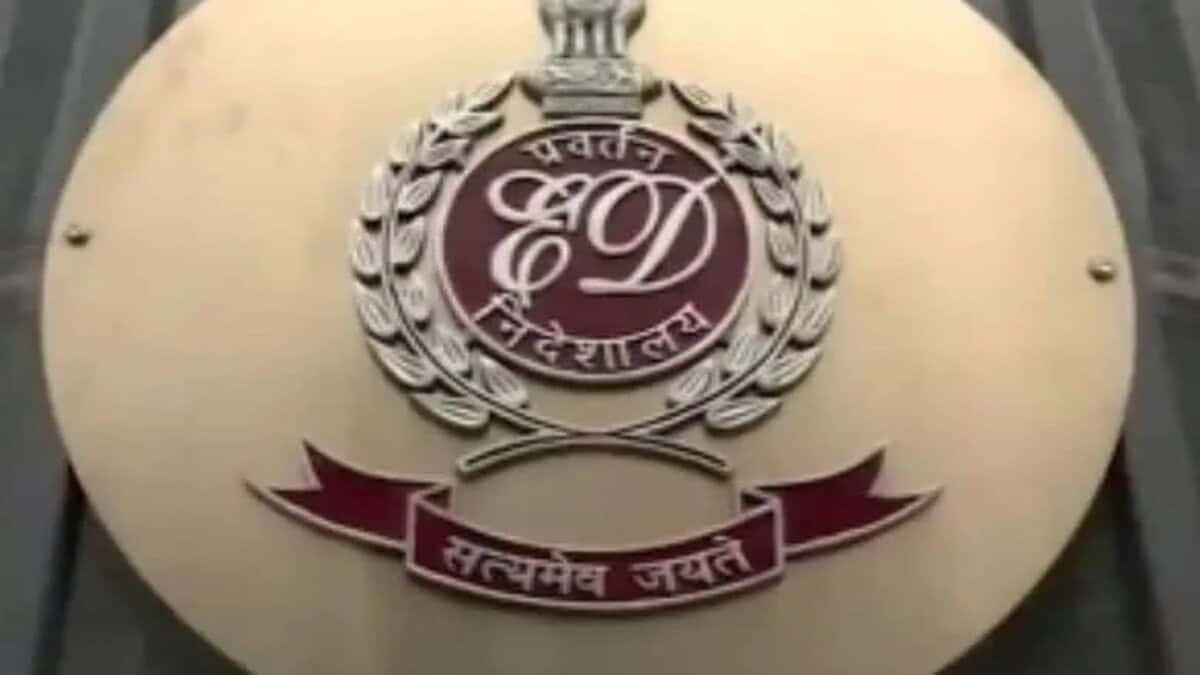
New Delhi: Timely completion of money laundering case trials continues to face several “systemic” and “procedural” hurdles, even though there are 100 special PMLA courts across the country, the Enforcement Directorate has said in its latest report.
The federal probe agency has been regularly targeted by political parties in the opposition, alleging that its actions were biased and the conviction rate was “poor” — a claim strongly refuted by the organisation.
ED Director Rahul Navin defended the track record of his agency during an event held here on Thursday to mark the ‘ED Day’, saying its conviction rate was more than 93 per cent.
Same day, the ED also released its first-ever annual report, where it devoted a specific chapter to ‘Challenges in Expeditious Completion of PMLA Trials’.
Till now, the estimate of yearly work done by the agency was clubbed in the ‘Annual Report’ of the Union finance ministry under which the ED works.
“While the legal framework under PMLA (Prevention of Money Laundering Act) provides for a structured mechanism for prosecution, the timely completion of trials continues to face several systemic and procedural hurdles,” the report for the 2024-25 financial year said.
It said a “primary challenge” was that prosecution of money laundering cases is “intrinsically” linked to the progress of the investigation or trial of the corresponding predicate offence.
“Delays in those proceedings invariably impact the PMLA trial,” the report said.
According to the scheme of the Prevention of Money Laundering Act (PMLA), which came into force in 2005, the ED cannot register an independent case but has to base its complaint on a primary FIR of the police or any other such investigating agency, which is called the predicate offence.
The report said money laundering investigations typically involve “complex” financial structures, a large volume of financial data and often cross-border transactions.
This demands intensive forensic analysis and extensive documentation, thereby prolonging the scrutiny required during the trial. The volume and complexity of evidence significantly contribute to delays, it said.
The report said that despite the establishment of 100 special PMLA courts across the country, judicial resources remain stretched as many of these courts are also burdened with cases under other statutes.
“Trials are frequently interrupted by the filing of interlocutory applications, writ petitions and bail matters — some of which reach the high courts and the supreme court, thereby impacting the continuity and expeditious disposal of trials under the Act (PMLA),” it said.
The ED chief too had reiterated the same points during the ‘ED Day’ event saying delays in the adjudication of money laundering cases “can be attributed to the general delay in the judicial system but is also on account of the inherent complexity of money laundering investigations and the procedural linkages with the trial of the predicate offence.”
He defended the ED’s prosecution record, saying “of the 47 cases decided so far, there have been only three acquittals, yielding a commendable conviction rate of 93.6 per cent.”
He made a “candid acknowledgement” that several PMLA investigations were pending for a “very long” time, and one of the “focus” areas this year for the ED would be to undertake efforts to complete the investigation and file the final prosecution complaint and prayer for confiscation of criminal property before the special courts.
The report gave figures, saying the ED registered a total of 7,771 ECIRs (enforcement case information reports) between 2005-2025, and it filed prosecution complaints in only 1,739 cases. The report did not say how many ECIRs, the ED equivalent of a police FIR, were clubbed or closed.


